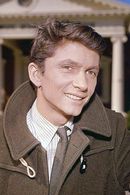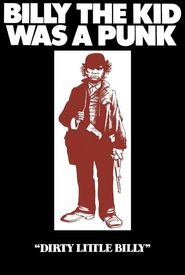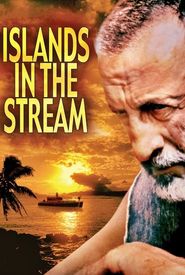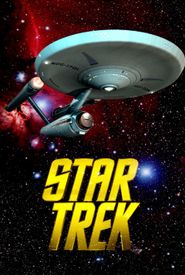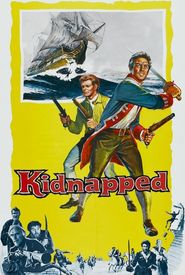Richard Evans' impressive filmography boasts an extensive array of iconic 60s and 70s television shows, with his versatility as an actor allowing him to effortlessly transition between various roles. He played a diverse range of characters, including gauche rancher's sons, junior officers, beady-eyed gunslingers, and ne'er-do-wells on popular prime-time classics such as Gunsmoke, Bonanza, Star Trek, The Virginian, The F.B.I., Mannix, Lou Grant, and Quincy, M.E., to name but a few.
In addition to his extensive television work, Evans also made a notable appearance on the popular soap opera Peyton Place, where he held a season-long role as an English literature professor. His film credits include co-starring alongside Michael J. Pollard in the unromantic western Dirty Little Billy, as well as serving as the ex-Marine sidekick to George C. Scott in Islands in the Stream, an experience he described as one of his most enjoyable and rewarding.
Born on January 23, 1935, in Kansas City, Missouri, Evans' early life was marked by the devastating effects of the Dust Bowl, a severe drought that ravaged the Southern Plains and exacerbated the challenges of the Great Depression. His family's experiences during this period had a profound impact on his life, and he would later draw upon these memories when writing his autobiographical book, Fazkils.
Evans' journey to becoming an actor was marked by a circuitous route, which ultimately led him to his first acting gig at a California community playhouse. His talent was soon noticed by a prominent talent agent, and he made his television debut in 1958 under the billing of 'Dick Evans'. In addition to his work in television and film, Evans was also a dedicated theatre artist, with credits in local productions on Whidbey Island in Puget Sound.
Throughout his career, Evans was heavily influenced by the French New Wave, and he went on to write, produce, and direct several independent films. In 2018, he published his autobiographical book, Fazkils, which offers a poignant and introspective look at his life, including his experiences with cancer and his reflections on the film industry.
